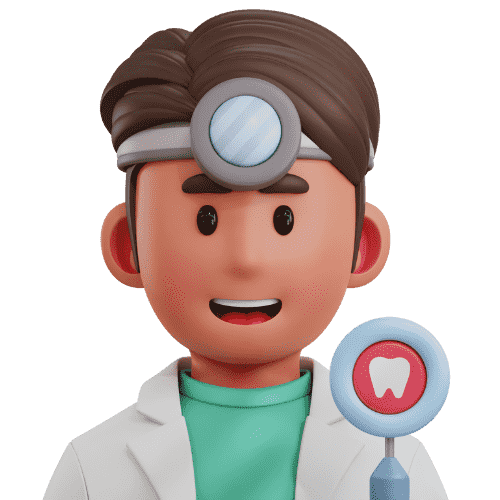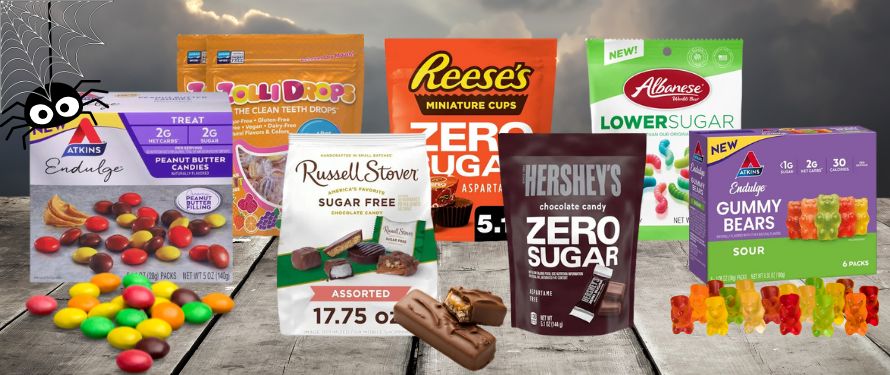
Why Twice-Yearly Dental Cleanings Matter for the Whole Family
For many Muskegon families, the new year brings resolutions focused on health, routines, and planning ahead. One of the simplest but most important steps your family can take is scheduling twice-yearly dental cleanings. These visits are about far more than polished teeth—they play a crucial role in preventing cavities, protecting gum health, and identifying early signs of issues before they become expensive or painful problems.







